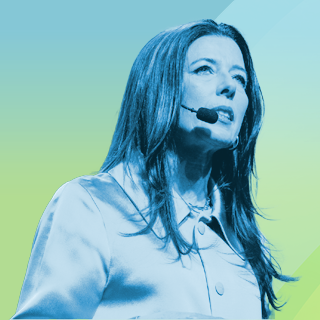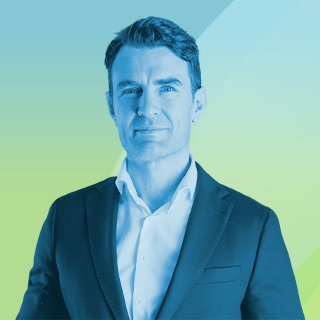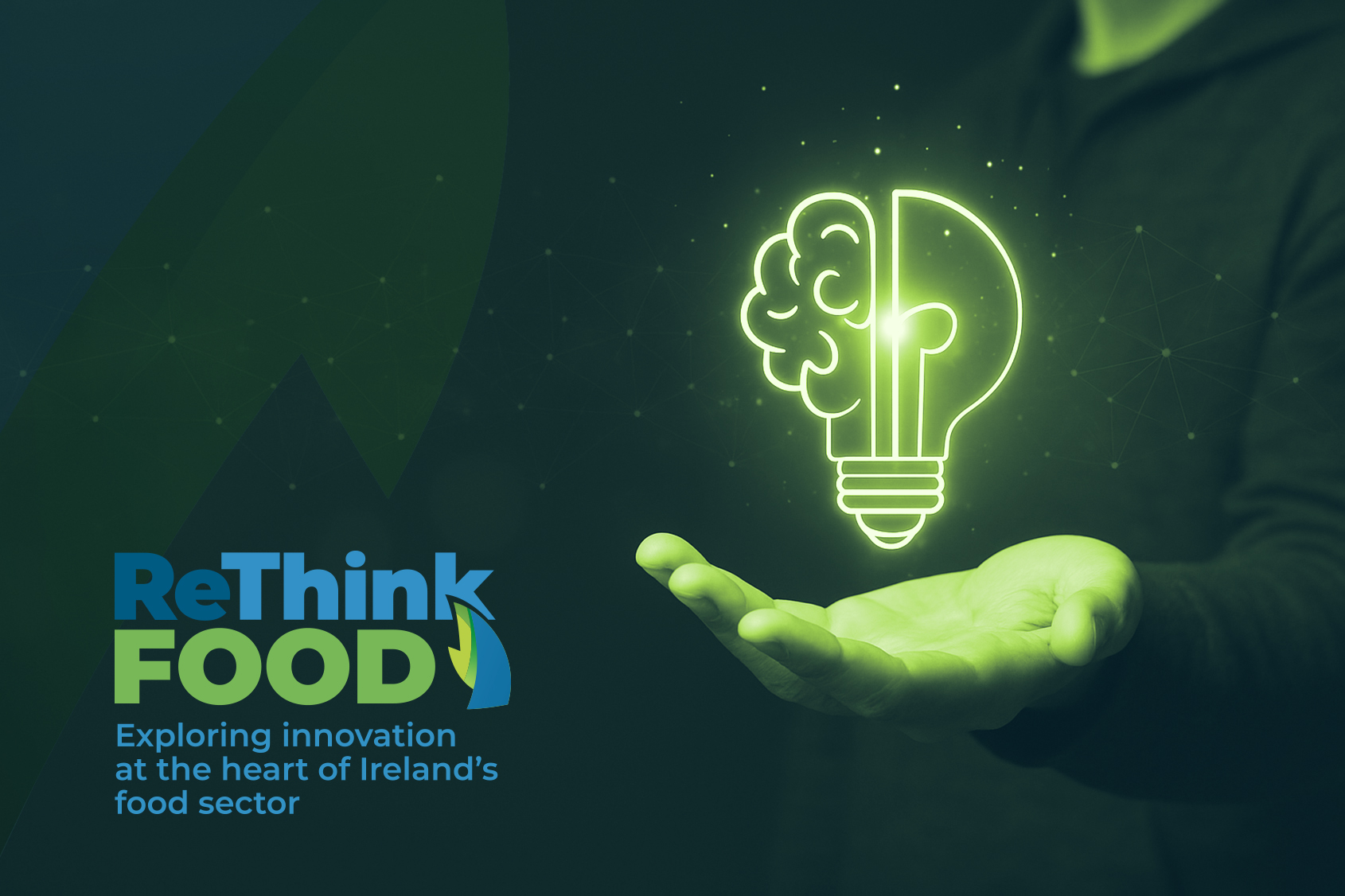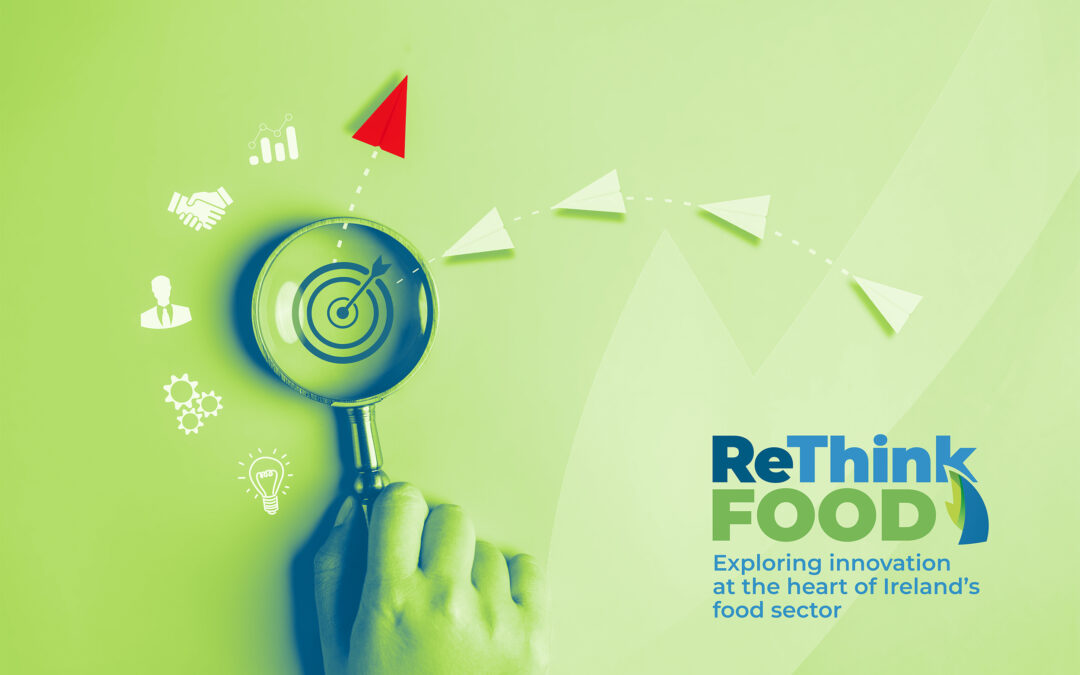Innovation doesn’t start with technology or processes. It starts in the brain. How we think, respond to uncertainty, and adapt to change shapes our ability to create and lead.
“The brain is the basis of everything we do: how we behave, feel, remember, pay attention, create, change, influence and ultimately live,” writes Dr Helena Boschi in her book Why We Do What We Do. A psychologist who focuses on applied neuroscience in the workplace, Helena brings complex science down to earth, showing how our brain’s wiring shapes the way we think — and how we can change it. At the upcoming ReThink Food Summit, she’ll explore the psychology of innovation in food and what it takes to unlock creative potential.
Central to her message is the brain’s potential to adapt and create new connections. “Our brain’s ability to form new connections, constantly reorganising itself and changing its pattern and shape, is known as neuroplasticity,” she explains. In other words, even though our brains are designed for efficiency and predictability, they are also built to change.
That tension between stability and adaptability is what makes change so challenging. Helena explains: “We naturally resist change because change represents uncertainty – and uncertainty is threatening and painful for a brain that wants to keep us safe and alive.” When we feel uncertain, “our fight or flight mechanisms are mobilised. Resources are diverted from the frontal lobe area, which we use for higher-level intellectual functioning, and become focused instead on survival.”

“Our brain’s ability to form new connections, constantly reorganising itself and changing its pattern and shape, is known as neuroplasticity”
Dr Helena Boschi
“Our brain still protects us as if uncertainty were a life-or-death situation,” she notes. The result is anxiety, impaired focus, and increased emotion, all of which make change harder to embrace, even when it’s in our best interests.
Innovation expert Aidan McCullen picks up the theme. “Neurons form well-worn pathways for efficiency – but those grooves can become ruts, making it hard to deviate from established patterns,” he writes. It’s not just individuals who fall into ruts; companies do too. Aidan argues that one way out of this rigidity is paradoxical: introducing constraints. “Creativity counterintuitively flourishes in the presence of well-defined boundaries. Too much freedom hampers our creativity.” He highlights the value of creating “a ‘hunting zone’… [which] gives people a safe space to ideate – a licence for exploration within a defined domain.”
Mindset also plays a critical role in how organisations value ideas. As Aidan puts it: “Nobody is a prophet in their own land. Too often, organisations ignore the ideas of their own people until they hear the same thing from a consultant.” The result is disengagement and, in his words, “zombie organisations where disengaged workers will do the bare minimum, showing up for a pay cheque and not for a common purpose.” The antidote, in his view? Building cultures where “we need every employee to be a sensor: a node in the network, detecting friction points, opportunities and threats.”

“You cannot change business models until you also change mental models”
Aidan McCullen
Taken together, Helena and Aidan show that innovation is less about processes and more about people. It’s about rewiring how we think, both at an individual and organisational level. As McCullen notes, “You cannot change business models until you also change mental models.” And as Helena reminds us: “As we begin to understand more about how our brain works, we become more aware of our own thoughts, responses, behaviours and emotions. We also become better equipped to get the best out of our brainpower in the future.”
For Ireland’s food sector, the message is clear. Success isn’t just about new products or technologies – it’s about cultivating the right mindset. The ReThink Food Summit will bring these insights into focus, showing how changing mindsets and unlocking creativity can help the industry adapt to climate pressures, shifting global markets, and rising consumer expectations.
Speaker sessions
- Dr Helena Boschi, neuropsychologist: “The Psychology of Innovation: Unlocking Creative Potential”
- Aidan McCullen, author and innovation expert: “Reimagining Food: The Power of Disruptive Thinking”
The ReThink Food Summit takes place on 9 October 2025 at the University of Limerick’s School of Medicine. Find out more at DPTC.ie.



